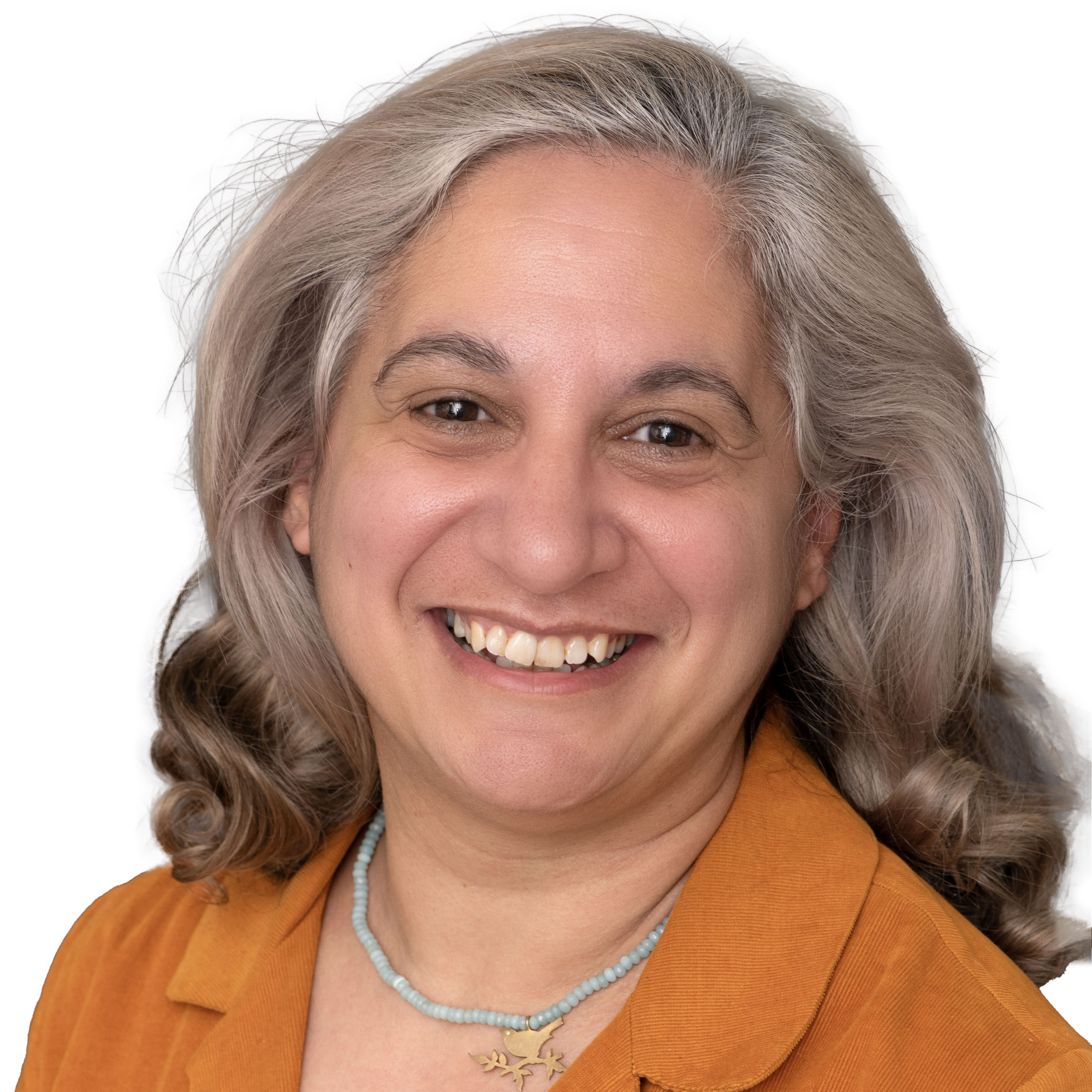In her first blog for the RCP, Dr Stella George, recently appointed director of medical workforce and data insights, discusses the importance of flexible working in medicine and why we must support the next generation of doctors to stay in the NHS for longer.
More and more resident doctors are looking for flexibility in how they train and work – whether through less-than-full-time (LTFT) roles, portfolio careers, or taking time out for research, parental leave or other opportunities. But despite this growing demand, many doctors still face structural and cultural barriers that prevent them from accessing the flexibility they need.
Our next generation survey found that nearly half (47%) of respondents would like to work LTFT in the future. However, the current system often lacks the capacity – and the culture – to support this. Doctors frequently report stigma or reluctance from employers or supervisors when they raise the possibility of working LTFT. Many cite rigid rota structures, inadequate staffing levels and limited access to career development opportunities as major concerns.
Doctors who take time out of training – for example, to undertake research, parental leave or for a career break – also report significant challenges on their return. Only 62% were made aware of any support available to help them return to clinical practice and just 35% were offered access to a mentor or supervisor to support their transition back into training.
Underlying many of these challenges is a training system that remains overwhelmingly time-based. Residents are required to complete fixed-duration training blocks regardless of prior experience or competency. This means that even those deemed ready for the next stage of their career may be unable to progress if they haven’t fulfilled the required number of months – often in the name of service provision.
Resident doctors tell us of their frustrations when returning from time out, finding themselves rejoining mid-rotation, repeating time unnecessarily, or having their out-of-programme experiences undervalued or ignored.
By contrast, some might want to spend more time in a training post gaining the skills that will prepare them for the next stage in their career – but there’s an unhelpful stigma attached to admitting that they feel underprepared. As doctors, asking for help is not something we’re always very good at doing. The system is under-resourced, patient demand is overwhelming, and supervisors simply don’t have enough time or capacity to help doctors under their supervision as much as they want or feel the need to.
Medical training should be built around the individual skills and experience that doctors bring – not simply the time they’ve spent in post. Prior experience, such as time spent working as a locally employed doctor (LED), should be recognised where appropriate to reduce the overall length of training, or if needed, extend it to allow for skills to fully develop.
LTFT working should be supported with high-quality, equitable training opportunities, and those returning from time out should be offered structured, flexible return-to-training programmes. These should include access to mentorship, phased on-call commitments and skills refresher courses to ensure a safe and confident return to clinical practice.
At a time when the NHS desperately needs to retain experienced doctors, we must move beyond the current rigid ‘time served’ model of training and create a system that values flexibility, supports career development and works for every doctor.
Resident doctors deserve to feel well trained in a role that allows them flexibility, while supervisors and training programme directors deserve to feel empowered and valued for their expertise in their roles as trainers.
Dr Stella George
Director of medical workforce and data insights
Royal College of Physicians






